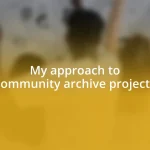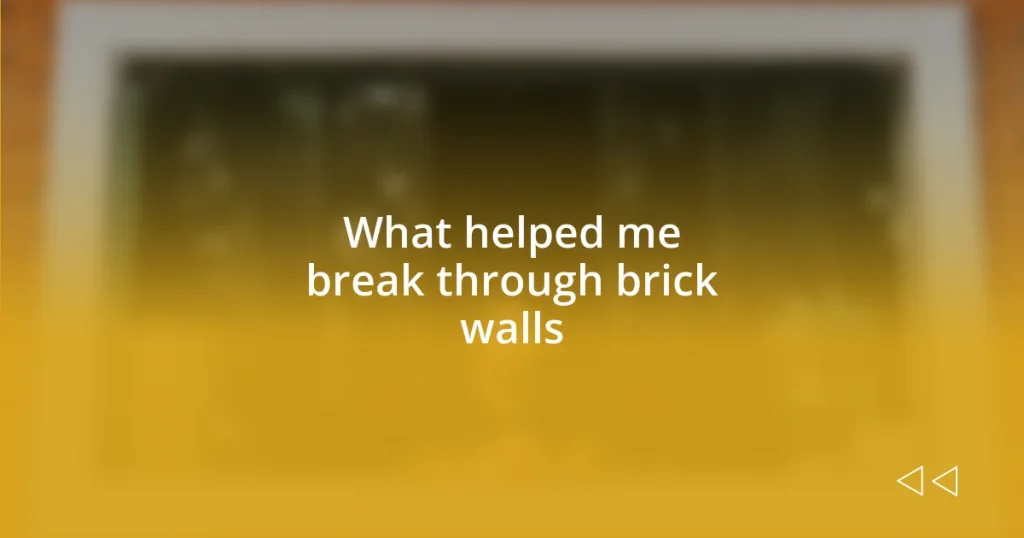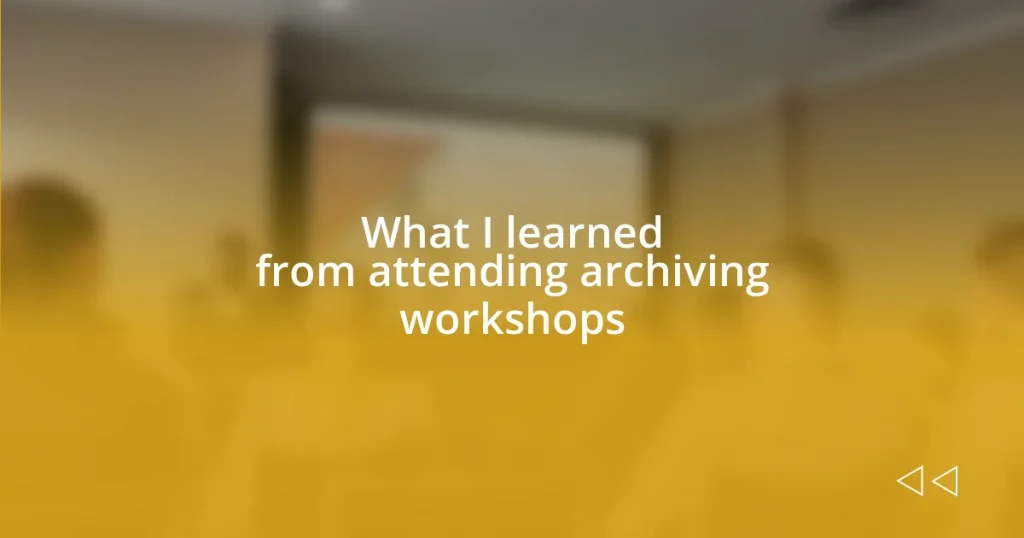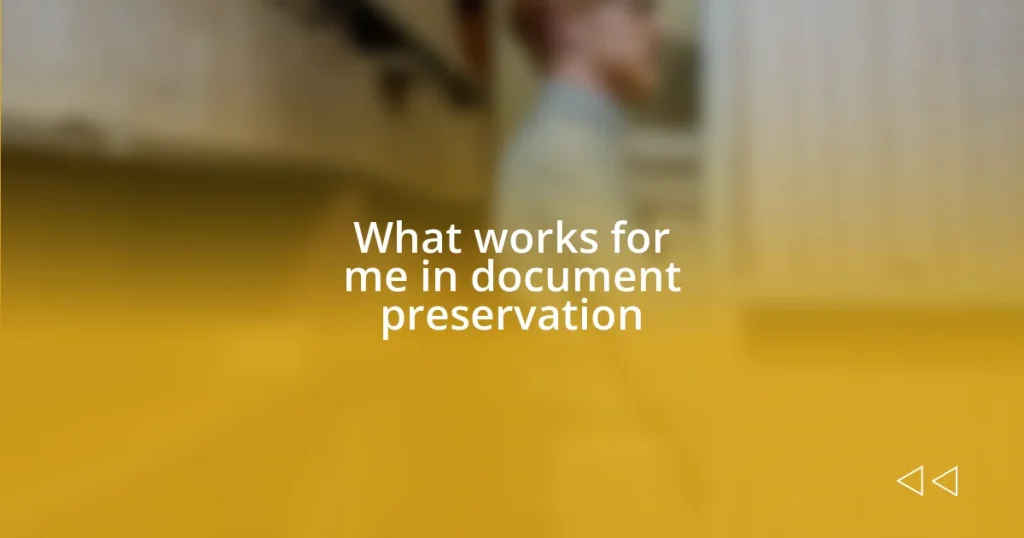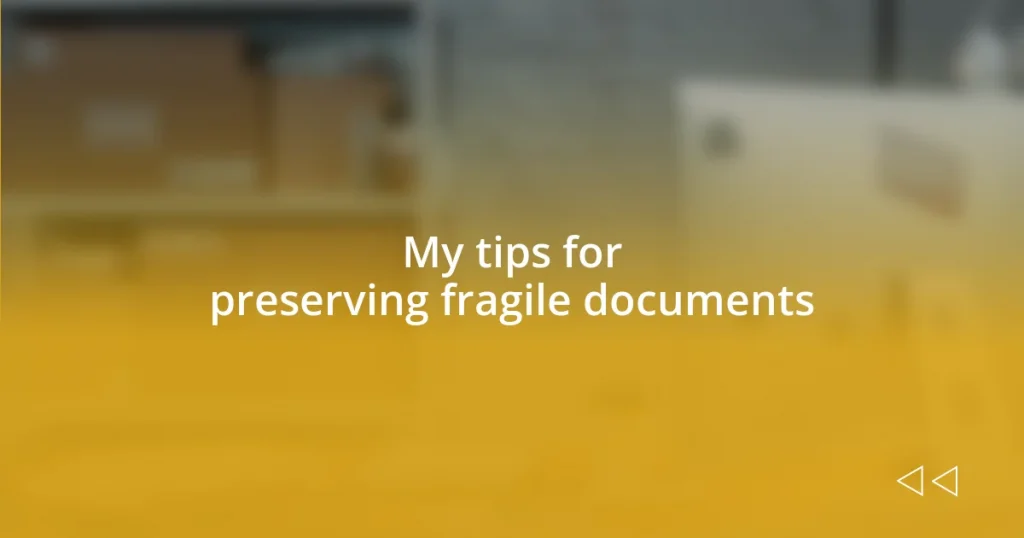Key takeaways:
- Recognizing and understanding mental brick walls, rooted in fear and self-doubt, can help in shifting perspectives and overcoming challenges.
- Identifying personal limiting beliefs through reflection, pattern recognition, and journaling can empower individuals to confront their obstacles and promote personal growth.
- Building resilience through mindfulness, flexibility, and support systems enables ongoing growth and the ability to navigate life’s challenges effectively.

Understanding mental brick walls
Mental brick walls can feel insurmountable, like standing before a massive barrier that blocks any possibility of progress. I remember a time when I was writing an important project and, despite all my efforts, I hit a wall that left me staring at a blank page for hours. It made me wonder: have you ever felt that overwhelming sensation of being stuck, as if your mind has gone into lockdown?
These barriers often stem from a mix of fear, self-doubt, and external pressures that weigh heavily on us. I’ve often realized that the more I try to push through with sheer force, the thicker the wall seems to become. It’s as if my mind knows I’m forcing it, creating an even sturdier blockage. Isn’t it interesting how sometimes the harder we try, the more paralyzed we become?
Understanding these mental hurdles can be the first step toward overcoming them. Reflecting on my experiences, I found that tapping into vulnerability rather than frustration allowed me to dismantle those walls. In a way, acknowledging my feelings helped me break down the barriers that had seemed unbreakable. Have you ever noticed how simply recognizing a challenge can shift your perspective?
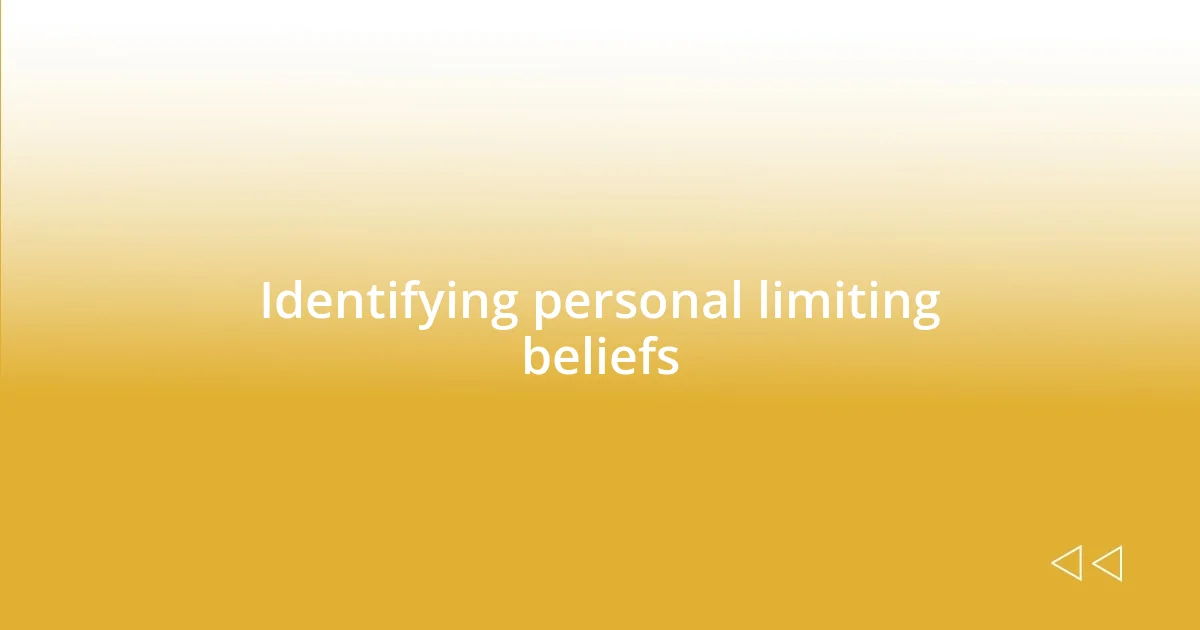
Identifying personal limiting beliefs
Identifying personal limiting beliefs can be a transformative process. I still recall a time when I realized that my fear of public speaking was rooted in the belief that I wasn’t good enough. The moment I acknowledged this limitation was surprisingly liberating; it allowed me to confront it instead of running away. Sometimes, it feels like peeling an onion—each layer revealing deeper insights about what holds us back.
To better understand your own limiting beliefs, consider these points:
- Reflect on recurring negative thoughts: What phrases do you tell yourself when facing challenges?
- Ask yourself why: Dig deeper into the origins of these beliefs. Where did they come from?
- Identify patterns: Notice how these beliefs influence your decisions and behaviors.
- Think about others’ opinions: Are your beliefs shaped by external pressures or expectations?
- Document your feelings: Journaling can help clarify what beliefs are limiting you and why.
By taking these steps, you can start unraveling the thoughts that confine you, paving the way for growth and empowerment.

Techniques for overcoming obstacles
When it comes to overcoming obstacles, one effective technique involves breaking down daunting tasks into smaller, manageable steps. I recall a period in my life when I was overwhelmed with a significant project at work. Instead of getting lost in the enormity of it, I decided to list out smaller tasks, focusing on completing one at a time. This approach reminded me that every small victory contributes to the overall goal. Have you ever noticed how checking off a single task can boost your motivation?
Another powerful method is seeking support from others. I’ve always found that sharing my struggles with close friends or colleagues can offer fresh perspectives. For instance, during a particularly challenging phase in my career, I reached out to a mentor who provided invaluable advice and encouragement. It struck me how important it is to tap into our networks during tough times. Do you have someone who inspires you when facing a challenge?
Lastly, cultivating a growth mindset is essential in overcoming obstacles. Embracing the idea that failure is simply a stepping stone to success can change how we perceive setbacks. I remember feeling defeated after a presentation didn’t go as planned. However, I chose to view this as a learning experience and took notes on what I could improve. This shift in perception truly helped me evolve. How might adopting a growth mindset aid you when facing your own brick walls?
| Technique | Benefits |
|---|---|
| Breaking tasks into smaller steps | Reduces overwhelm and provides a sense of achievement |
| Seeking support from others | Offers fresh perspectives and emotional encouragement |
| Cultivating a growth mindset | Transforms setbacks into opportunities for learning |

Strategies for building resilience
Building resilience is all about adopting strategic approaches that nurture our ability to bounce back. I find that practicing mindfulness has profoundly impacted my mental fortitude. By taking a few moments daily to be present and acknowledge my thoughts and feelings, I’ve learned to manage stress more effectively. Have you tried just sitting with your thoughts without judgment? It can be a game changer.
Another strategy I’ve discovered is embracing flexibility. There was a time when I held tightly to my plans, thinking they were the only way forward. But when those plans fell through, it felt like a brick wall had come crashing down. Instead of sulking, I learned to pivot my expectations and explore alternative paths. This adaptability not only eased my frustrations but also opened doors I never knew existed. How freeing is it to let go and see where life takes you?
Setting realistic goals, with room for adjustments, has also made a significant difference in my resilience. Early on in my journey, I set ambitious targets that left me feeling overwhelmed and disheartened when I missed them. Now, I focus on incremental progress and celebrate those small wins. Every little accomplishment serves as fuel for the next challenge. Have you ever found that acknowledging your progress, no matter how small, lifts your spirits? By incorporating these strategies, we can cultivate resilience that allows us to face life’s challenges with confidence and grace.

The role of support systems
A strong support system can truly make a difference when we encounter our brick walls. I vividly remember a time when I was feeling particularly isolated, grappling with self-doubt and frustration. I reached out to a close friend and unexpectedly found comfort in her willingness to listen without judgment. It’s incredible how sharing our burden can lighten the load, isn’t it?
I’ve also found that engaging with a community, whether online or offline, provides a sense of belonging and shared experience. Not too long ago, I joined a local group focused on personal development, and the positive energy was contagious. Each story shared felt like a reminder that we’re not alone in our struggles and dreams. Have you ever felt the power of a group rallying around a common goal?
Moreover, mentors have played a vital role in my journey. I once had a mentor who guided me through the intricacies of my profession, showing me that it’s okay to seek help. Her belief in my potential inspired me to push through my barriers. Isn’t it fascinating how one person’s encouragement can ignite a spark of confidence? The right support system not only provides advice but also encourages growth, acting like a safety net while we navigate the ups and downs of our paths.
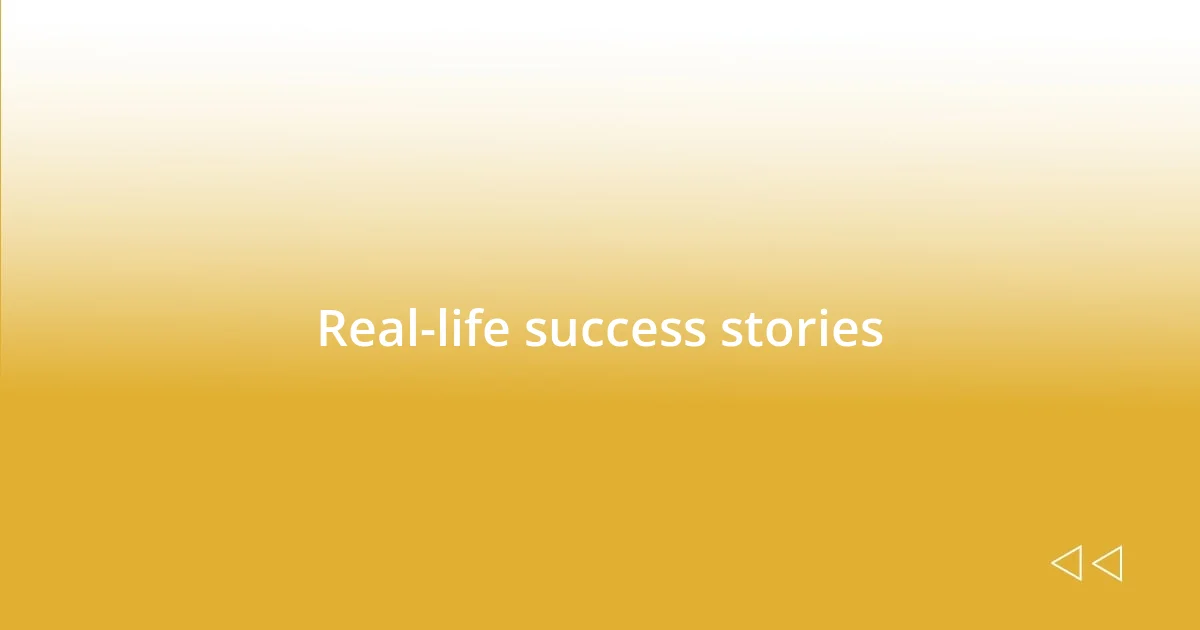
Real-life success stories
I remember a time when I felt like I was hitting a brick wall in my career. I had been working on this project for weeks, only to face constant rejection. It was my colleague’s encouragement that turned everything around. She shared her own struggles and how she overcame similar obstacles. That connection helped me realize I wasn’t alone. Doesn’t it feel rejuvenating to know someone else has faced the same challenges?
Another instance that comes to mind is a friend of mine, who was stuck in a negative thought loop after a tough breakup. It seemed like nothing could break her out of it. But then she joined a local yoga class, and the community support transformed her attitude. I can still picture her smiling at the end of each session, surrounded by new friends who lifted her spirits. Have you ever tried something new that unexpectedly shifted your perspective?
Then there’s my own experience with an online writing workshop. I felt so intimidated at first, sharing my rough drafts with strangers. But the constructive feedback I received helped me grow tremendously. It felt like breaking through a wall of self-doubt that had long held me back. Isn’t it amazing how opening ourselves up to feedback can lead to breakthroughs we never anticipated?

Continuing growth after breakthroughs
Continuing growth after breakthroughs often requires a personal commitment to keep pushing forward. After one particular breakthrough in my career, I felt a surge of motivation that was electric. However, I quickly learned that this energy can be fleeting if not nurtured. I made it a goal to set small, actionable steps every week to maintain that momentum. Have you ever felt that initial rush fade away? The key is to build on it continuously, so it doesn’t become just a fleeting moment.
I’ve also discovered that reflections are vital for ongoing growth. After a significant achievement, I like to take time to assess what went well and what could have been improved. For instance, after successfully launching a project, I wrote down my first thoughts and feelings. This practice not only helps solidify my learning but also allows me to embrace mistakes without fear. Isn’t it powerful to view our missteps as stepping stones rather than roadblocks?
Building new connections following a breakthrough can also be transformative. I remember joining an online networking group after a significant personal milestone. The conversations ranged from personal stories to professional aspirations, and I soon realized how much I could still learn from others. Engaging with different perspectives often reveals insights I hadn’t considered. Have you ever tried to broaden your circle of influence post- breakthrough? It’s like adding new tools to a toolbox; each connection can spark further growth and exploration in unexpected ways.









